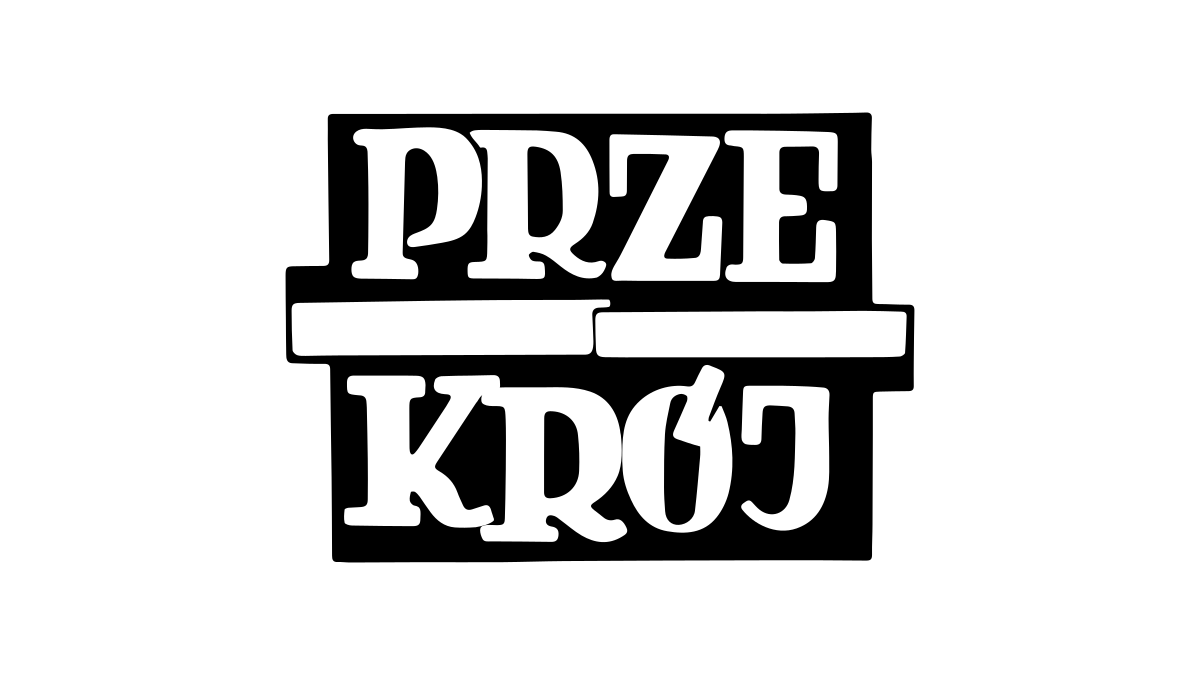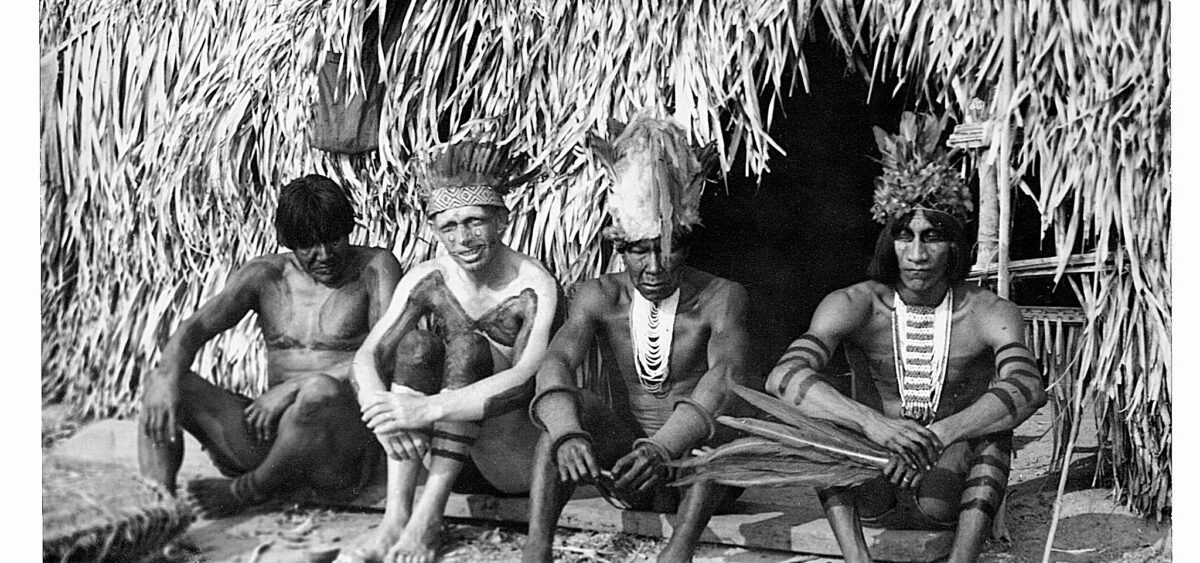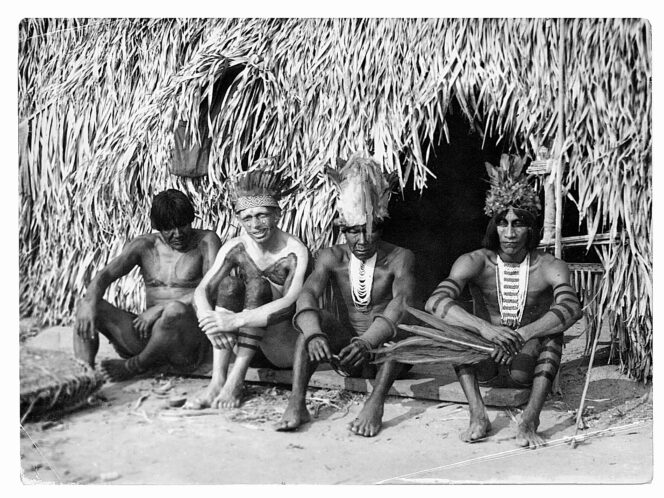
“When we take a closer look at various episodes from Tony Halik’s life, we suddenly realize that everywhere we touch, big or small inaccuracies start to emerge. He said he was born for adventure, therefore he aimed to present everything around him in the most attractive way possible. It was his interpretation of reality,” says Marcin Borchardt, the maker of the Tony Halik documentary. The film was assembled from little-known or never-before published archival materials, recorded by Halik himself during his many travels across the world. The director talked about his project in an interview with Mateusz Demski.
Mateusz Demski: The man of many biographies and faces who practically invented himself and made himself into an icon. Tony, Antonio, Max, or Mieczysław Sędzimir Halik. Some considered him a great traveller and a source of information about the world, but others thought him to be a fraud. When we look under the surface of his mysterious and vague life story, a long list of questions unfolds. How many faces could one person possibly have? Was any of them the real Tony Halik? Would it even be possible to reach the real Halik?
Marcin Borchardt: We’ll never be able to showcase the uniqueness of Halik’s biography, but it’s possible to get closer to it. His life, spent relentlessly on travelling, was extraordinary – it cannot be denied. Still, it is no secret that he was a keen storyteller, never one to shy away from embellishing his stories. Verification of every single truth, half-truth and lie that grew around him would be a task doomed to fail. And so what? That’s the man who fascinates us, this elusive, almost mythologized character – ambiguous, forever unverifiable.
And yet, three years ago, Mirosław








